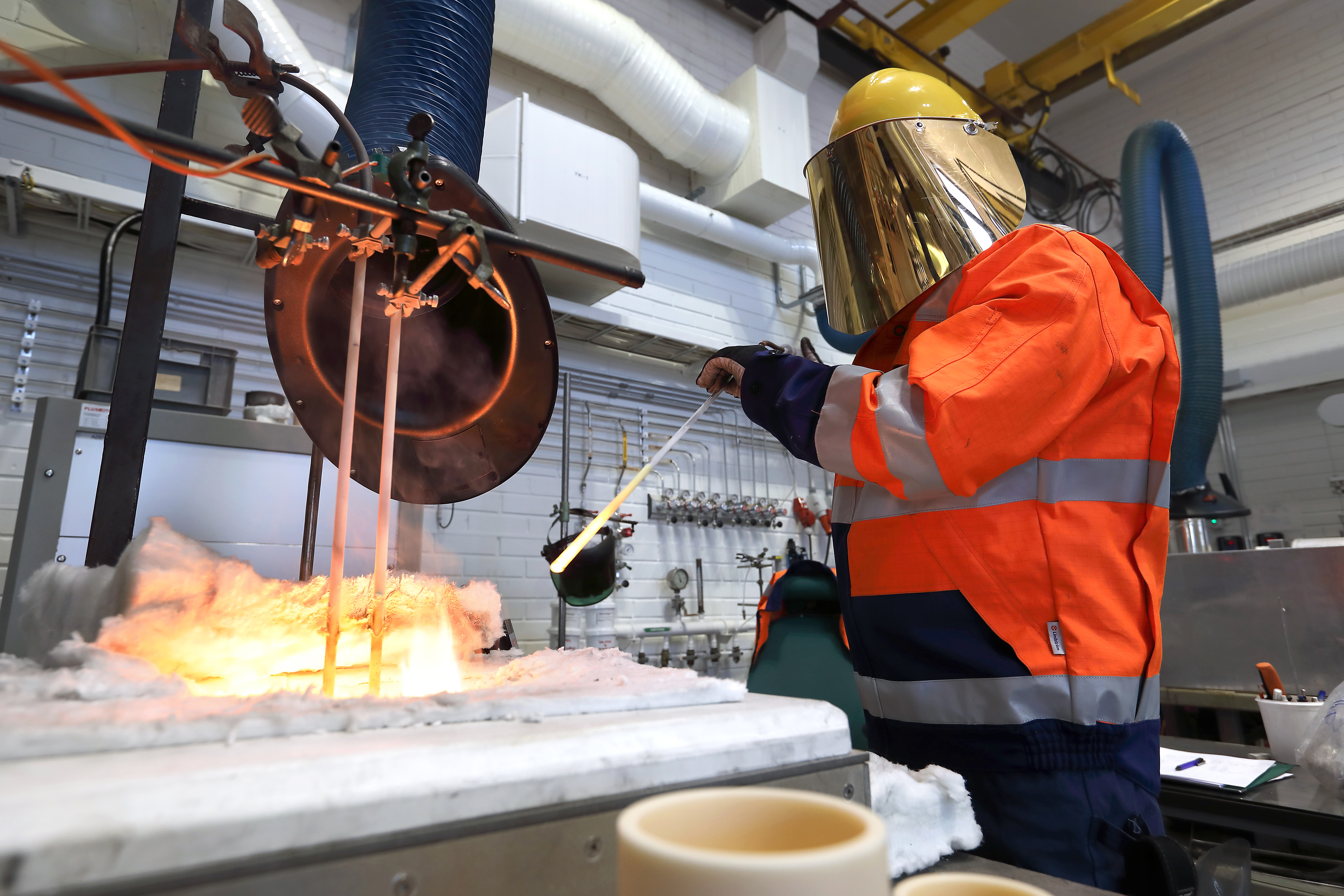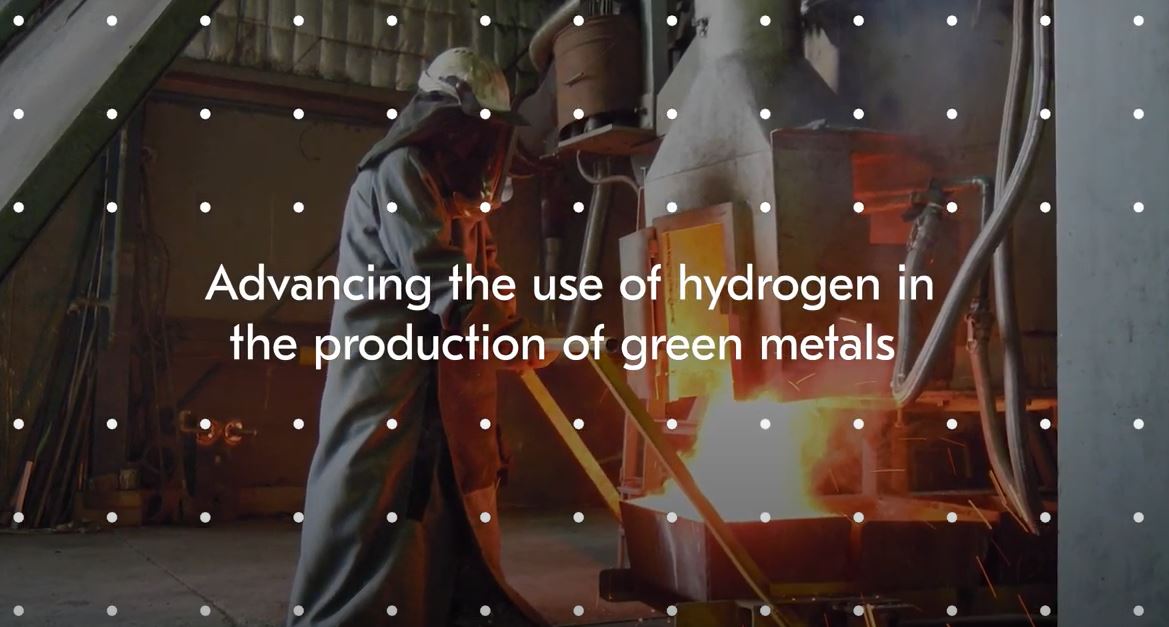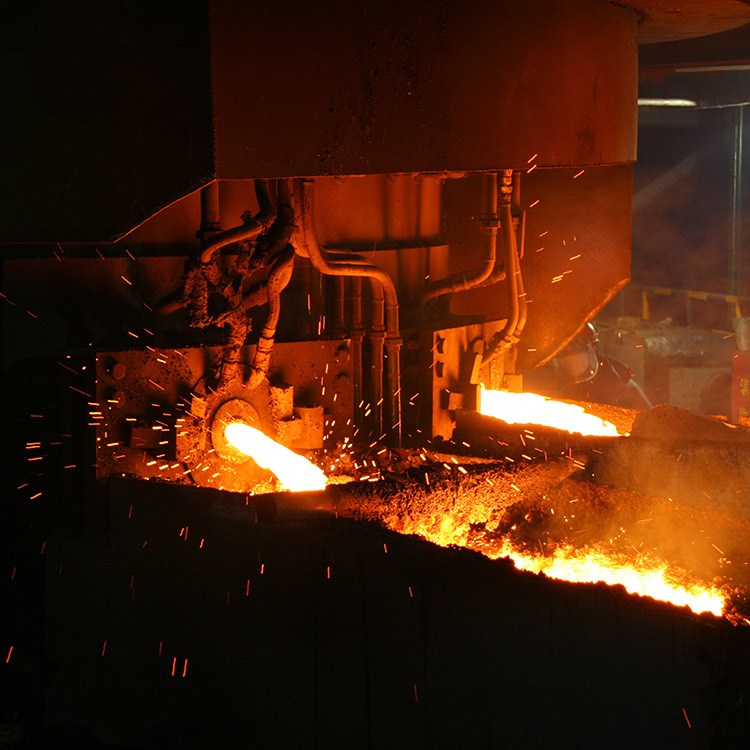“Metso Outotec is committed to the 1.5 °C journey set out in the Paris agreement, and in line with this, we are doing extensive research with our partner network to find ways to reduce the carbon intensity of our processes. Our target is to be a leader in green metals technologies and in smelting applications, we are studying the use of hydrogen in the production of low-carbon metals,” says Jacob Wood, Account Manager in Smelting at Metso Outotec.
Frontrunning solutions and research to drive energy efficiency and decarbonization
Metso Outotec has a proven track record in the development and commercialisation of technology solutions in the metals industry. Its research facilities in Finland, Germany, Sweden and Australia enable the development of processes and equipment through a combination of laboratory and pilot scale testing. Using results from such testwork, Metso Outotec partners with its customers in the implementation of low carbon solutions, with minimal risks of technology scale-and potential interruptions to production at the customer’s operating plant.
To facilitate energy efficiency and decarbonization, Metso Outotec has already quite a few proven solutions. For instance, the company’s Flash Smelting and Converting technologies are globally recognised as a benchmark in terms of energy efficiency for pyro copper production. Similarly, the Metso Outotec Direct Current (DC) arc furnace can be used for treating a range of feed materials with electrical energy acting as the primary energy source instead of the combustion of fossil fuels.
“Currently, one of the areas in which we are working, is to reduce the carbon intensity of our metals production flowsheets through the increased use of renewable electricity and hydrogen. We’re gearing up to run our lab-scale and pilot testwork facilities later this year to look at the reduction of copper bearing slags and smelting of zinc leach residues. We expect to be able to share more details on the outcomes of this test work later in the year,” concludes Wood.


